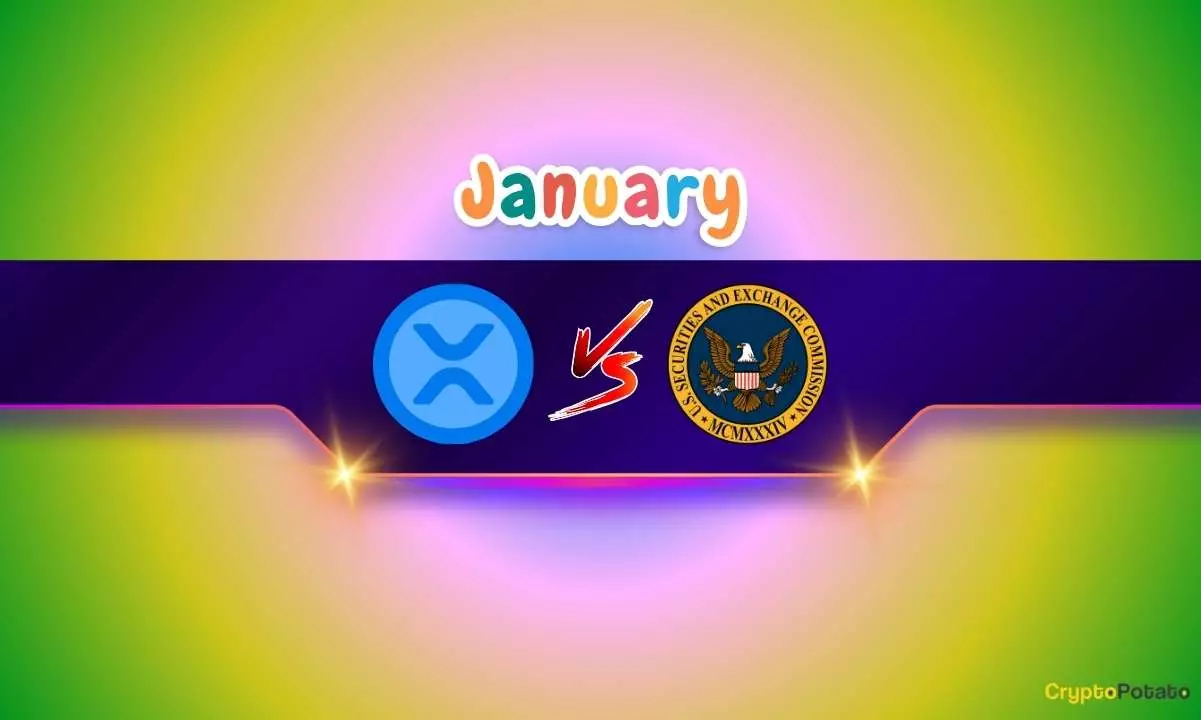The ongoing legal dispute between Ripple Labs and the U.S. Securities and Exchange Commission (SEC) has garnered significant attention since it commenced in 2020. This case centers around the SEC’s assertion that Ripple’s native cryptocurrency, XRP, should be classified as a security. The outcome of this lawsuit could have profound implications not only for Ripple but for the entire cryptocurrency ecosystem. As the landscape evolves, with recent leadership changes and evolving regulations, analysts are left pondering the potential ramifications of this high-stakes legal affair.
The Recent Developments: Appeals and New Leadership
In early 2024, the SEC expressed its intention to appeal a pivotal ruling from August 2023, which deemed Ripple’s programmatic sales of XRP to retail consumers through centralized exchanges compliant with existing laws. This development marks the SEC’s first formal briefing in its continuing battle against Ripple, reiterating its stance that XRP is, in fact, a security. On the other side, Ripple has taken steps to prepare for this prolonged legal saga, requesting an extended timeline for submitting its counter-brief. The proposed due date of April 16, 2025, reflects the complex nature of the legal proceedings and highlights the potential for further delays.
The SEC’s legal maneuvering comes amid a leadership transition, with Gary Gensler stepping down as the chairman and Mark Uyeda, a pro-crypto advocate, taking the helm. Gensler’s tenure was marked by a stern approach towards cryptocurrency regulation, often viewed as adversarial by many in the crypto community. With Uyeda’s ascendance to leadership, there are growing speculations that a more favorable environment for Ripple may arise.
Despite the crypto industry’s generally positive stance towards Ripple, not all parties share this sentiment. Notably, the non-profit organization Better Markets has sided with the SEC, supporting the classification of XRP as a security. They argue that XRP is an investment contract, asserting that regardless of how investors acquire XRP—whether directly from Ripple or through secondary platforms—there remains an expectation of profit stemming from the efforts of Ripple Labs.
This assertion by Better Markets echoes the longstanding Howey Test, which serves to evaluate whether certain transactions qualify as investment contracts. Their stance adds a layer of complexity to an already intricate legal scenario and underscores the divided opinions within financial regulatory bodies regarding cryptocurrencies. The fact that a nonprofit organization devoted to advancing market integrity has taken a stance against Ripple illustrates the multifaceted nature of regulatory debates in the crypto space.
As the case progresses, legal experts and analysts have begun to speculate on potential outcomes based on the current landscape. Law expert John Deaton outlined three potential scenarios for the future of the Ripple-SEC case. Firstly, the SEC may rigidly uphold its appeal, prolonging the legal struggle indefinitely. This approach would likely draw out the resolution, leaving Ripple in limbo.
Alternatively, the SEC could choose to withdraw its appeal and instead require Ripple to fulfill a previously imposed penalty of $125 million, which was established after Judge Torres found the firm violated specific securities regulations. Such a resolution could pave the way for Ripple to operate with more clarity and compliance moving forward.
Finally, there is the possibility of a compromise or settlement that allows Ripple to continue its operations while meeting some regulatory requirements. This scenario could open pathways for a more collaborative relationship between the SEC and the cryptocurrency sector as a whole.
The Ripple vs. SEC case is emblematic of the broader challenges facing the cryptocurrency industry as it navigates an evolving regulatory environment. As businesses seek clarity amid shifting regulations, the outcome of this lawsuit may very well dictate the future landscape of digital assets. With the SEC’s leadership changing and varying factions expressing support for both sides of the argument, the coming months will be critical. All eyes will be on the court’s decisions, which could either validate or undermine the burgeoning belief in cryptocurrency as a transformative financial technology. The stakes have never been higher for Ripple, the SEC, and the broader crypto market.

